Observation isn’t Sight: Making Science Accessible to Students with Visual Impairment
“Observation is the first, and in many ways the most important, step in a scientific inquiry.”
Dr. Geerat Vermeij
Dr. Mona Minkara is an Assistant Professor of Bioengineering at Northeastern University where she uses computer simulations to research surfactant protein systems. Dr. Amy Bower is Chair of the Department of Physical Oceanography at Woods Hole Oceanographic Institution where she explores the role of the deep ocean in Earth’s climate system. Dr. Geerat Vermeij is a Distinguished Professor of geology and paleobiology and world-renown malacologist at the University of California, Davis. Each of these scientists shares a commitment to understanding the deep complexities of life on our planet. . . and each is visually impaired.
As a sighted professor of Biology, I encountered the work of Dr. Vermeij early in my graduate education but only recently am reflecting on how my pedagogy may contribute to the alienation of students with visual impairment. Particularly when it comes to sight, we place students at risk of alienation when we introduce them to scientific inquiry, the first step of which is observation. Grounding all scientific inquiry in observation but neglecting to emphasize the multi-sensory nature of observation contributes to an ableist culture in academia. My own experience with a student with visual impairment attests to this. Despite partnering with both my student and our accessibilities office to provide meaningful accommodations, my student felt the lab portion of the biology course was too overwhelming and withdrew from the course. This experience, coupled with self-education, has made me aware of the value of multi-sensory instruction and its impact on student engagement and learning outcomes.
Seeking to better understand how to best partner with students with visual impairment in the science classroom, I turned to my colleague, Dr. Divine Dugah, Professor of Chemistry. Unlike me, Divine successfully partnered with a student with visual impairment to create meaningful learning opportunities which supported the successful attainment of all the course learning outcomes in the chemistry curriculum. When first approached about accommodating a student with visual impairment, Divine felt anxious. As educators, we desire to provide the best learning experiences for all our students but may feel ill-equipped to do so. The lessons I learned from Divine, however, help to quell this initial sense of anxiety and ensure an enriching learning experience for students with visual impairments.
Lessons Learned
- Lesson learned #1: Collaboration is key. Collaboration with your institution’s accessibility office and direct partnership with the student is essential. Set up an initial meeting with the student to hear directly from them what they need to be successful and continue to check-in with the student throughout the semester. In lab, strategic lab partnerships help ensure students with visual impairment have opportunities to collaborate with peers.
- Lesson learned #2: Educate yourself. Many resources already exist to support students with visual impairments in the laboratory setting. Divine discovered the Talking LabQuest which enables students to independently achieve all the basic college chemistry learning outcomes.
- Lesson learned #3: Be patient and proactive. Be patient with both yourself and the student as you work together to discover the best approaches to meet the learning outcomes. Anticipating potential barriers and working proactively to come up with creative solutions to their removal helps prevent frustration.
- Lesson learned #4: There is no one-size-fits-all accommodation. Regardless of your past experiences with students, each student is unique and experiences visual impairment uniquely. Always confer with the student on the accommodation to make sure it is the best one for them.
While some students seek out support for their visual impairment, interviews with Dr. Naheda Sahtout and Dr. Nicole Brown, both scientists with visual impairments, suggest that many science students do not request accommodations due to fear of stigmatization. This fact coupled with our growing awareness that all students stand to benefit from multi-sensory instruction reminds us of the need to design our learning activities and assessments with the seven Universal Design principles in mind. Ultimately, as Stella Young reminds us, “Disability doesn’t make you exceptional but questioning what you think you know about it does.”
The following resources will help guide you through this questioning and provide you with actionable steps for making your science laboratory activities more inclusive, equitable, and just.
Resources
Checklist for Making Science Labs Accessible
Do-It’s Making Science Labs Accessible to Students with Disabilities
Do-It’s Checklist for Making Science Labs Accessible to Students with Disabilities
Do-IT’s Equal Access: Science and Students with Sensory Impairments Video
Science Magazine: Inclusivity for all: How to make your research group accessible
7 Principles for Universal Design
Science Is Golden: Interviews with Four Scientists Who Are Visually Impaired
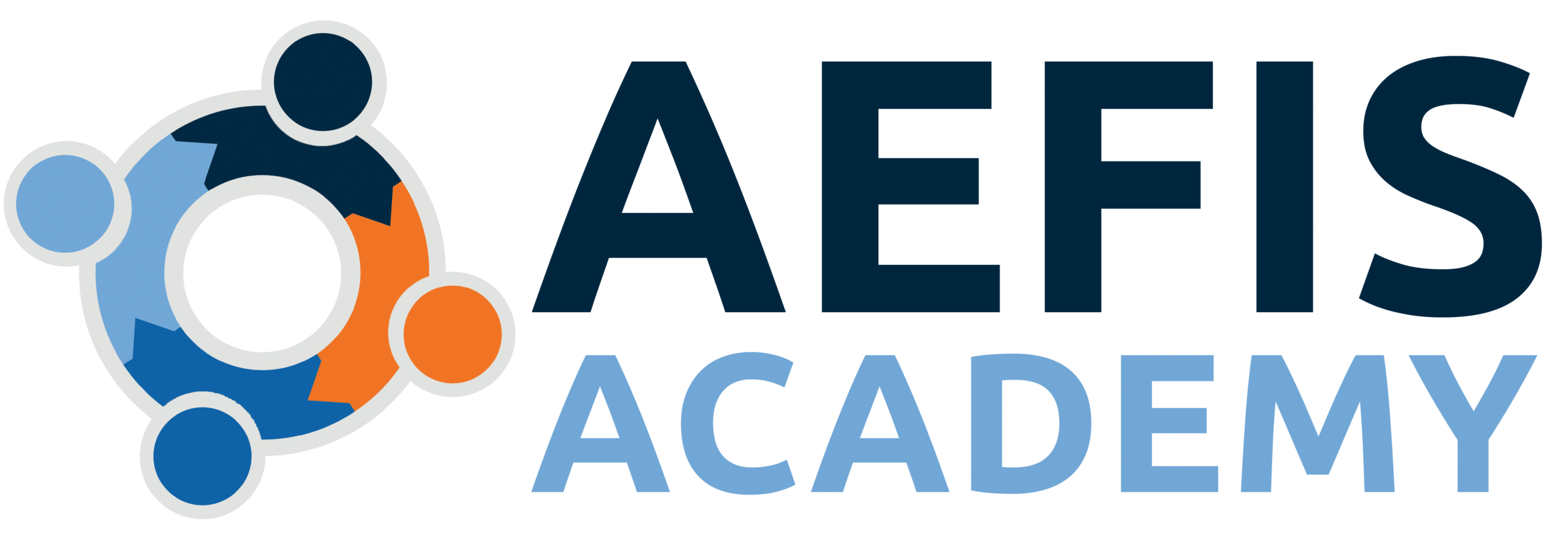
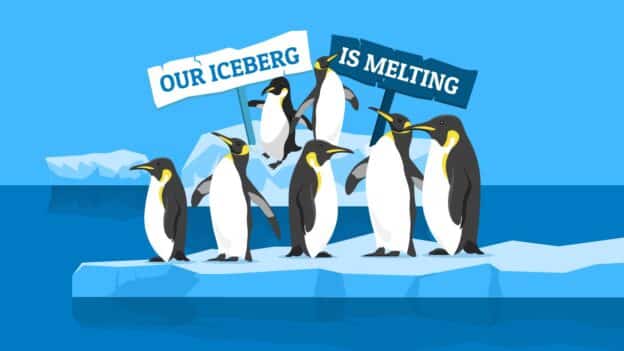
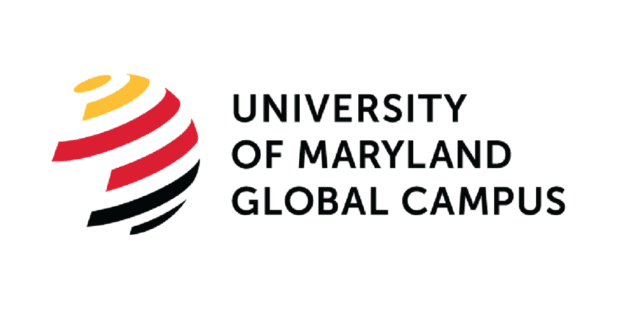
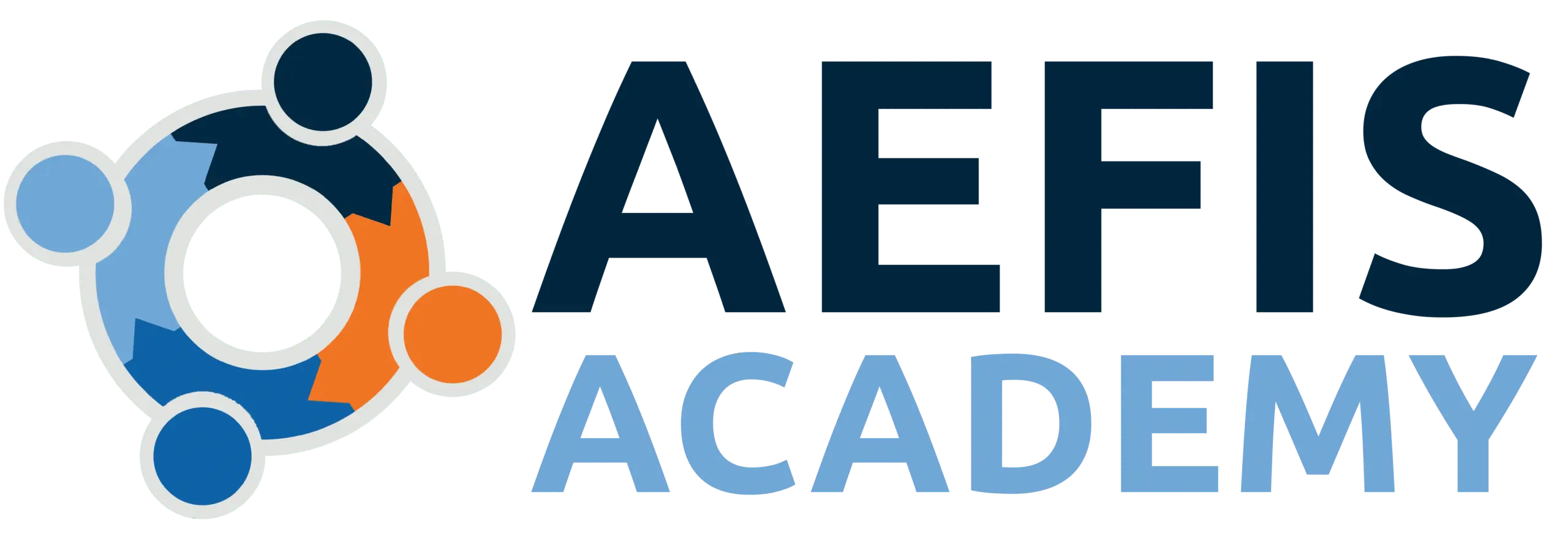
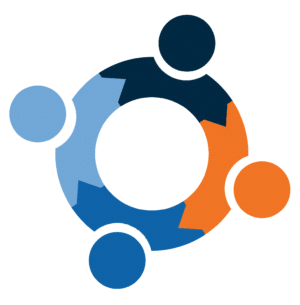
Discussion
Join the conversation, contribute, ask questions, and explore with everyone! It’s Your Community!